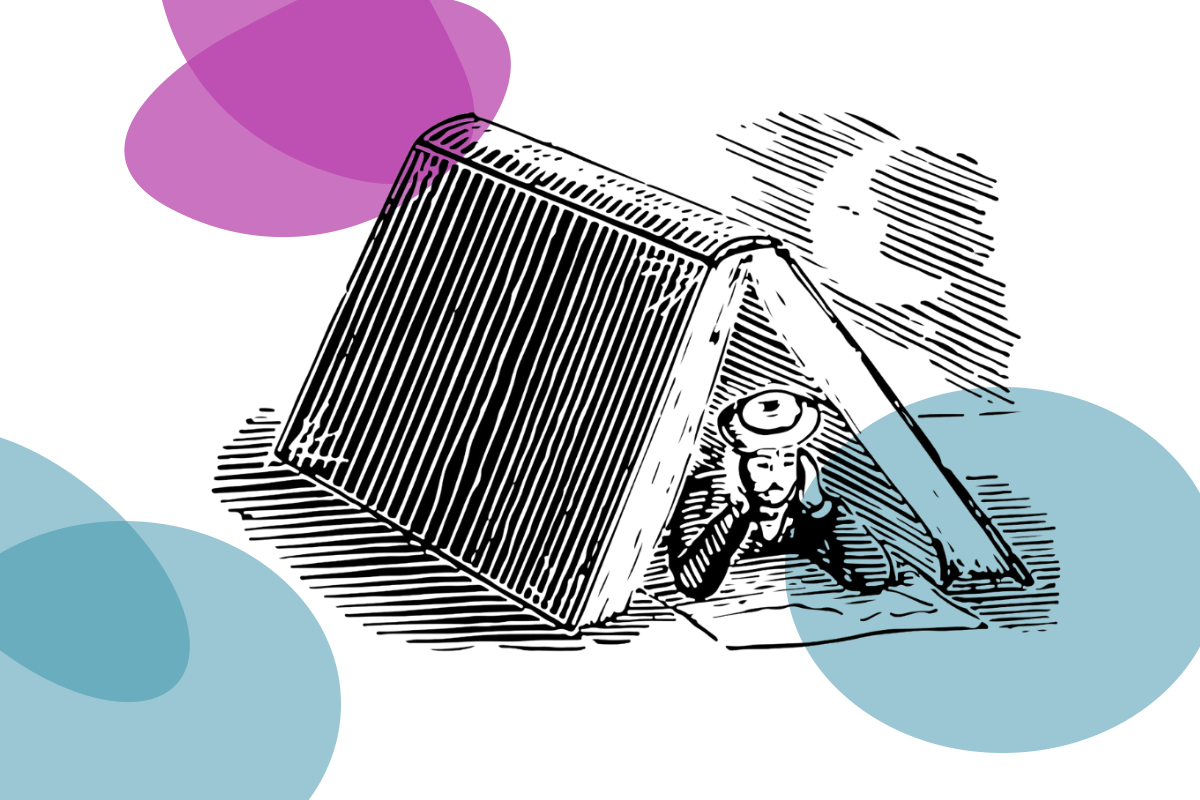shilohcreekkennels.com – History is often seen as a linear narrative, a series of events meticulously recorded and analyzed. However, beneath the surface of well-documented facts lie countless hidden chapters—secrets, conflicts, and untold stories that add depth and complexity to our understanding of the past. These hidden chapters are not just fascinating; they are essential for a comprehensive grasp of history.
The Power of Secrets in Historical Narratives
Secrets have always been a powerful narrative tool, capable of elevating stories beyond the mundane and into the realm of the intriguing and suspenseful. Whether it’s a hidden past, a clandestine affair, or a long-buried family secret, these elements can transform a historical narrative into a compelling tale that captivates readers. In historical fiction, these secrets often serve as the backbone of the plot, driving the story forward and keeping readers engaged.
The Role of Societal Conflicts and Values
Societal conflicts, preferences, and values are often the catalysts for uncovering hidden chapters in history. These conflicts can range from political upheavals to personal struggles, each revealing a different facet of the human experience. By exploring these conflicts, historians and writers can uncover stories that have been overshadowed by more prominent events, providing a more nuanced understanding of the past.
The Importance of Authenticity and Accuracy
When delving into the hidden chapters of history, maintaining authenticity and accuracy is crucial. Historical fiction, in particular, requires a delicate balance between fact and fiction. Writers must conduct thorough research to create an immersive, authentic historical world while also weaving in the hidden stories that bring the past to life. This process not only enriches the narrative but also ensures that the hidden chapters are presented with respect and integrity.
The Process of Uncovering Hidden Histories
Uncovering hidden histories involves a combination of critical thinking, research, and a willingness to challenge established narratives. Historians and writers must be open to new perspectives and willing to admit and acknowledge their own biases. This self-awareness is the first step in opening the mind to the possibility of discovering hidden stories.
The Impact of Hidden Histories on Our Understanding of the Past
By bringing to light the hidden chapters of history, we gain a more comprehensive and accurate understanding of the past. These stories humanize historical figures and events, revealing the complexities and contradictions that often lie beneath the surface. They remind us that history is not just a series of dates and events but a rich tapestry of human experiences, each thread contributing to the whole.
Conclusion
The hidden chapters of history are a testament to the complexity and richness of the human experience. By uncovering these secrets, we not only enrich our understanding of the past but also gain valuable insights into the present. As we continue to explore and document these hidden stories, we ensure that history remains a dynamic and evolving field, always open to new discoveries and interpretations.
